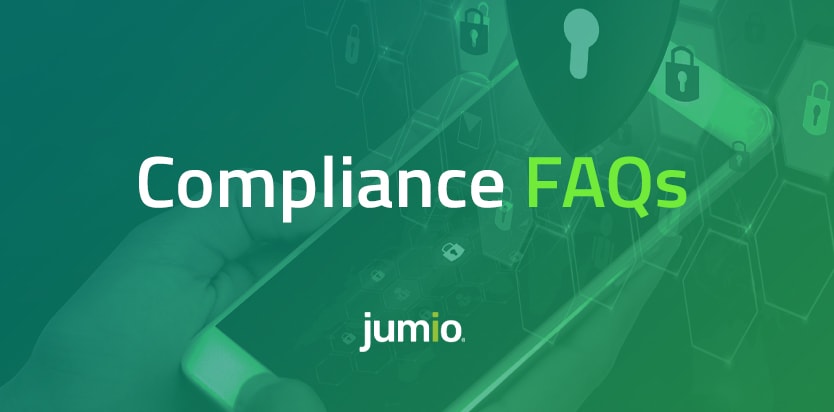
Securities compliance is the adherence to the rules and regulations related to trading securities. The regulatory organizations who create and enforce these laws include:
- U.S. Securities and Exchange Commission (SEC)
- Financial Industry Regulatory Authority (FINRA)
- National Futures Association (NFA)
These organizations work to ensure the safety and fairness of the financial markets. Their regulations protect investors as well as businesses. By following these federal securities laws, we make the financial system safer for everyone.
What is Know Your Client (KYC)?
Know Your Client (KYC) is a rule for broker-dealers and other firms in the securities industry. It creates requirements when opening and managing an investor’s account. Know Your Client includes the following two rules:
The Know Your Client rule protects investment advisors and clients alike. It ensures that the investment advisor understands the client’s risk tolerance, knowledge, and financial resources. This risk-based approach means the advisor limits investments to those that are suitable for their clients.
What is anti-money laundering?
In addition to KYC, regulations require securities firms to comply with anti-money laundering (AML) laws. To meet their obligations to prevent money laundering, these firms should have AML software for securities. Their AML compliance solution should include transaction monitoring that catches suspicious activities. This AML software helps prevent criminal activities including human trafficking, money laundering, and terrorist financing.
Why is compliance important?
In the past, banks have faced greater oversight than their securities counterparts when it comes to their anti-money laundering programs. This has made the investments industry an attractive channel for money launderers. As a result, securities regulators have increased their scrutiny of the investments side of financial services.
When companies do not comply with anti-money laundering laws, they can incur huge fines. For example, the United States government fined UBS a penalty of $14.5 million. UBS had failed to establish and implement an adequate anti-money laundering program. Therefore, all securities firms, even small companies, should take compliance very seriously.
What securities compliance software solution should I use?
For guidance on the key points you should consider, see the 10 Steps to Choosing the Right Compliance Solution. Compliance departments often make the mistake of using tools that were built to detect unrelated issues, such as suitability or market manipulation. But to satisfy increased regulatory focus, securities firms need a modern, purpose-built solution. Choose a platform that includes an AML compliance software solution and a KYC compliance software solution.
Securities firms can dramatically enhance their current compliance solutions with Jumio. They can integrate Jumio into their existing algorithms, rule sets, and systems without complete software replacement. Jumio’s superior detection software analyzes hundreds of factors about millions of financial transactions. It adaptively searches for abnormal trends and activity, such as wash trading, flow-through, penny stocks, and high-risk transfers.
Jumio’s models take the results of analysts’ investigations in a feedback loop. The software uses machine learning to constantly learn from new findings. This approach leads to significantly fewer false positives.
Jumio is the ideal solution for securities firms such as broker-dealers, clearing firms, asset managers, and investment banks. It provides transaction monitoring and KYC, which includes identity verification and watchlists screening (such as sanctions screening).
Jumio yields higher catch rates and substantially lower false positives. This saves your analysts time and increases the quality of alerts and cases. It streamlines the investigation process and helps maximize the performance of your team, all the way through the SAR filing. Request a demo today to learn more about how Jumio will transform compliance at your firm.